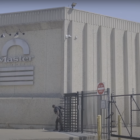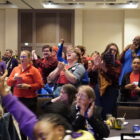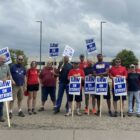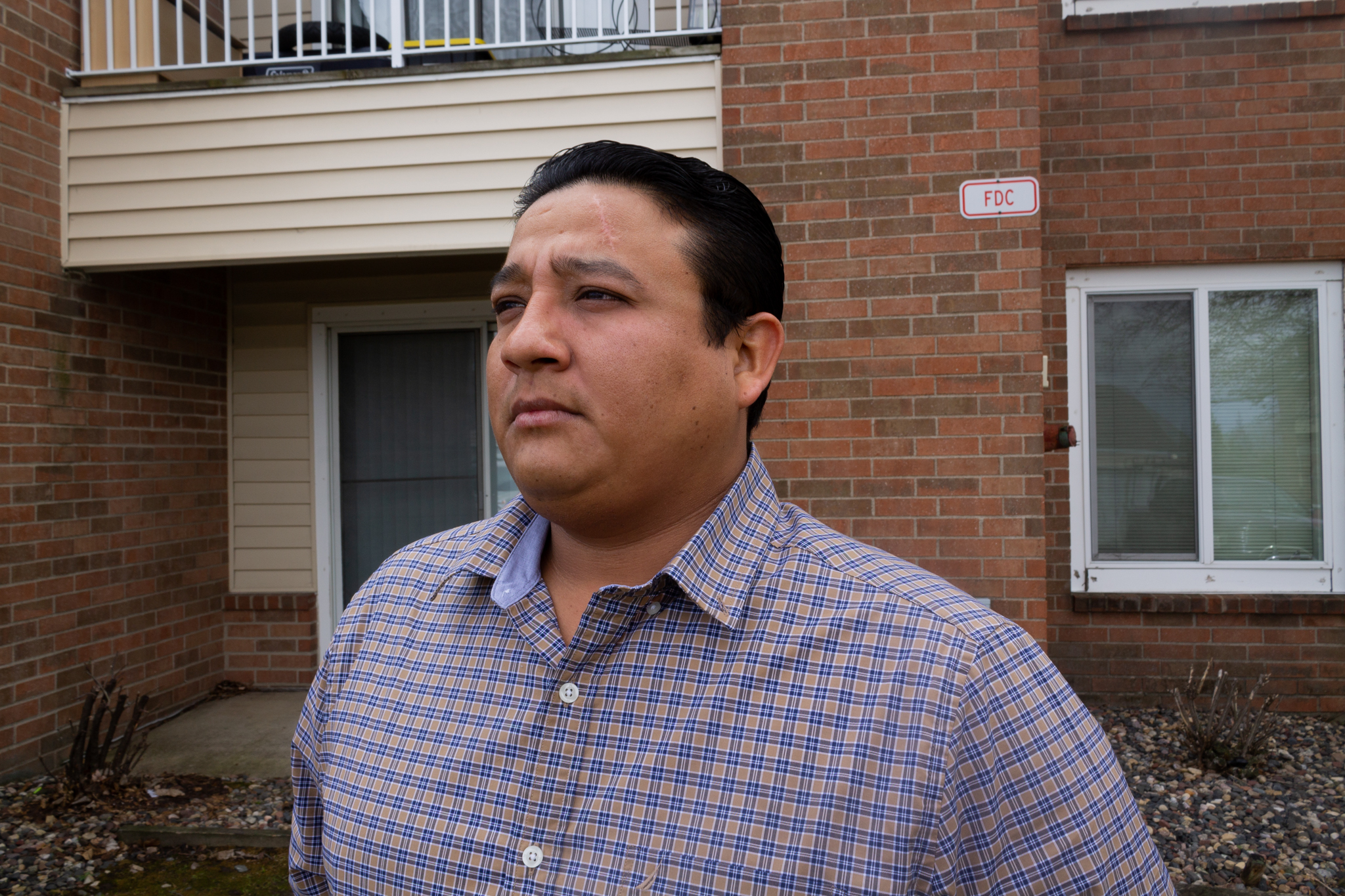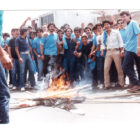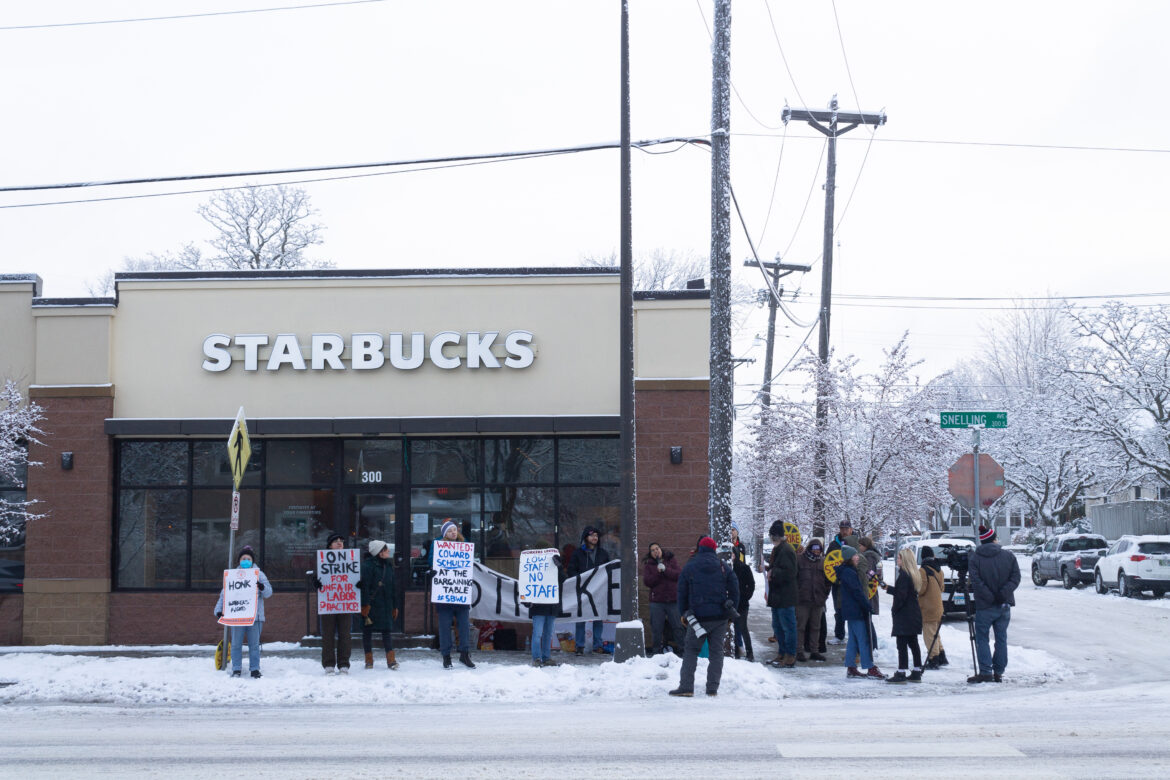Media
Master Lock Factory in Milwaukee Closes After 100 Years
|
After more than 100 years, Master Lock’s iconic factory in Milwaukee is shutting its doors in March 2024. The closure will result in 400 lost union jobs, and also mark the end of a former industrial region of the city that once housed some 50 plants. https://www.youtube.com/watch?v=VfmKb2dvimU
The Real News, In These Times, and Workday Magazine speak with current and former Master Lock workers on what the closure of this longstanding plant means for them and their community. Transcript
The following is a transcript of the video
President Obama:
Hello, Milwaukee. That’s what we’ve got to be shooting for is to create opportunities for hardworking Americans to get in there and start making stuff again and sending it all over the world, products stamped with three proud words, “Made in America.” That’s what’s happening right here at Master Lock.


